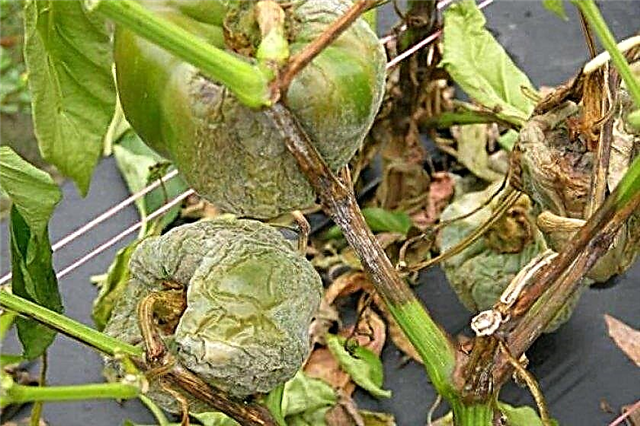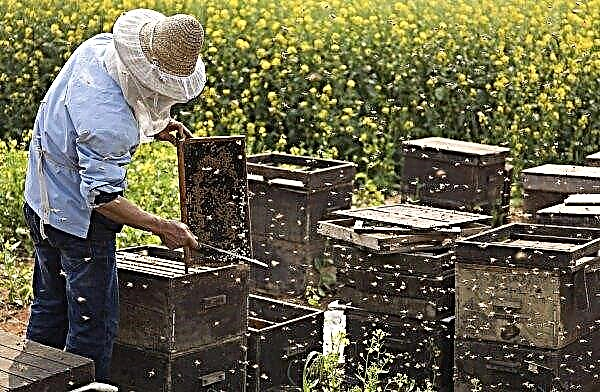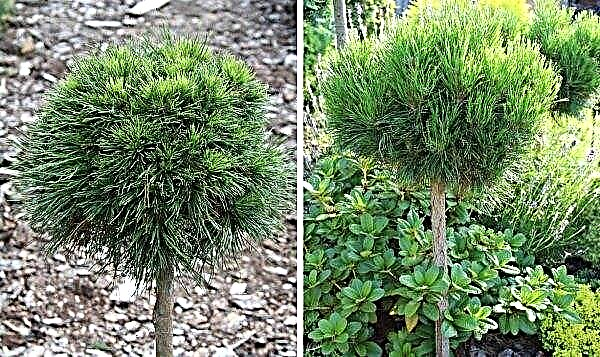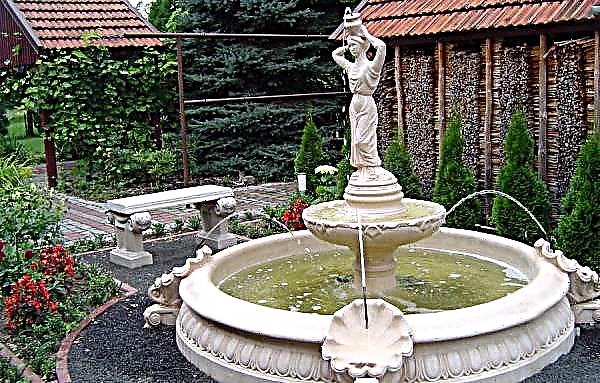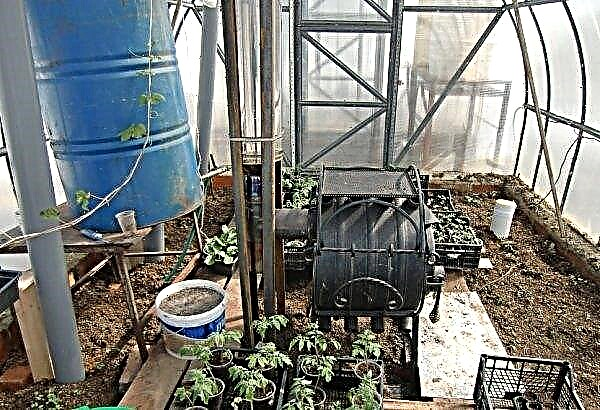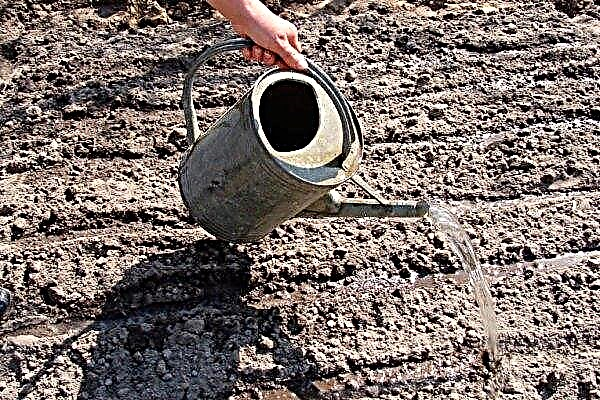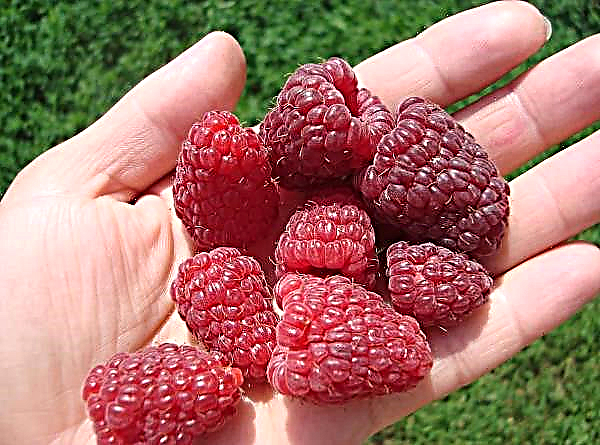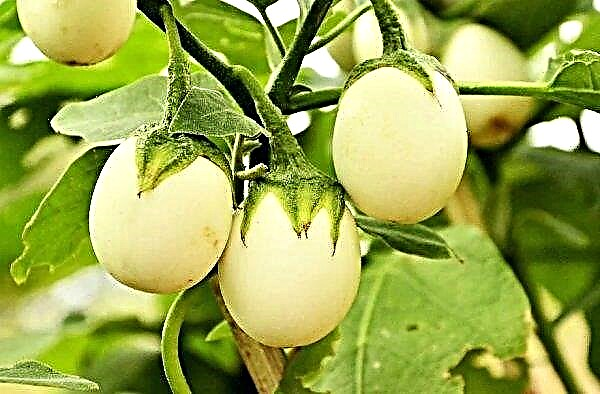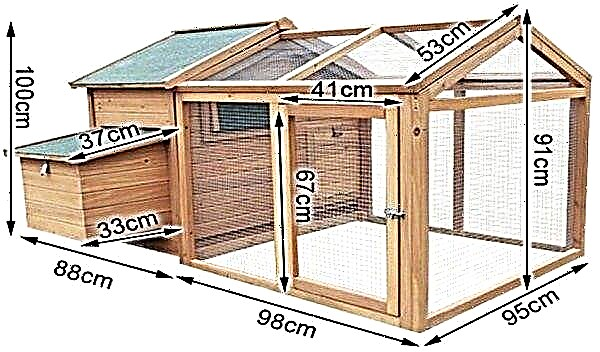In 2006, 12 years later, Ahmed Sohail turned the top floor of an old yarn factory into a futuristic farm, where cabbage, rosemary and dozens of other vegetables grow vertically under the purple glow of LEDs.
Pakistan's first urban vertical farm is a commercial enterprise whose products are delivered to the city’s best restaurants and supermarkets.
The use of hydroponics, in which plants grow in a nutrient solution instead of traditional soil, and where the water is continuously recycled, contributes to the production of environmentally friendly products.

At the same time, 90% less water is used than in field agriculture, pesticides are not used and gas emissions associated with long transport routes from rural to urban centers are excluded - all this contributes to the freshest greenery in the city.
“We have 70 times more products per 1 m² compared to field agriculture,” the farmer said and added that eliminating pesticides and preservatives means that the products from his vertical farm are “extremely healthy.”

“The presence of plants such as a vertical farm allows us to grow these vegetables in our country throughout the year, and then send them to the market,” Ahmed Sohail said.
The entrepreneur added that if the model is successful on a large scale, Pakistan could start producing vegetables for export to international markets, especially to the Middle East.

